In one corner stands backlink quality. Marketers everywhere are arguing that all you need to worry about to improve your rankings is the quality of the backlinks you’re generating.
There’s no need to worry about the number of backlinks so long as the ones you generate are from high domain authority websites.
But are they right?
In the other corner stands those who argue for the quantity of backlinks.
They say that the amount of backlinks you generate is far more important than the quality of those backlinks. In fact, they would argue that the quality of the backlinks matters very little if at all.
But are they right?
Well, that’s what we’re going to discuss. And my goal is to finish this debate once and for all. Or at least to settle it until Google comes out with a new algorithm update.
But before I get too ahead of myself, what are backlinks?
Backlinks are links that travel from another website to your website. They can come from social media sites and directories, but they most often come from blog posts and the content of other websites.
Ideally, those links come from other relevant websites within your niche and industry.
Marketers like yourself are scrambling to build these beauties because they massively impact your rankings on Google. If you have a lot of high-quality backlinks, then your stats might end up looking something like this.
And that’s what we all want, right?
We all want our backlinks to raise our website through the rankings and generate passive traffic and leads consistently every month.
That’s the dream of every marketing strategy.
But should you focus on quantity or quality of backlinks?
While the two sides are fighting, let’s take a moment to discuss the ins and outs of each, and then we’ll finish with a final verdict.
Quality backlinks
First, we’ll discuss quality backlinks.
What defines a quality backlink?
A quality backlink is a link that comes from a high domain authority website that is well-trusted by search engines and searchers alike.
In other words, not only do the robots trust the website, but actual people also trust the website.
Advocates for this side of the argument would say that the more trustworthy the website and the higher domain authority, the better quality the link.
To check the domain authority of a website, go here.
Then, you’ll be able to type in either your own URL or the URL of a domain that you received a backlink from. The latter option will give you an idea of just how valuable the backlink you received is.
The higher the domain authority, the more valuable the backlink for your rankings.
Generally, a ranking of 60 to 100 is phenomenal, 40 to 50 is okay, and below 40 isn’t great.
If you want to build high-quality backlinks, then start by building links from high domain authority websites that are also relevant to your niche and trusted by searchers all over the Internet.
But here’s the real question we’re asking: are these links worth your time?
Well, let’s look at why they’re good, why they’re bad, and a few different strategies you can use to build them.
Why high-quality backlinks are good
High-quality backlinks are good for an obvious reason. They are… well, they’re high-quality. That means they are intrinsically beneficial for domain authority and SEO rankings.
With these backlinks, you don’t need to worry about hurting your rankings by unintentionally building a relationship with a spam website. They are reliable, trustworthy, and foolproof.
And that’s important for your link-building strategy.
After all, you don’t want your rankings to survive on shady practices, but on real, valuable, meaningful, and relevant links back to your website.
Quality links promise just that kind of attention.
And since they are practically guaranteed to build your domain authority, they are also likely to help your rankings. This domain authority, Google position chart only furthers that notion.
In other words, quality backlinks are beneficial because you know what you’re getting. You can know for a fact that the links you’re building are high-value and, over time, will generate the passive traffic you dream of.
The other benefit of high-quality links is that each one tends to be worth more for your SEO. Because the links are from high domain authority websites, they are also more valuable than other backlinks.
The more high-quality links you build, the better your rankings will be.
But now that I’m done gushing over high-quality links, let’s discuss why they’re bad.
Why high-quality backlinks are bad
While the upside to quality backlinks is that they are more valuable for your SEO, the downside is equally blaring.
Unless you’re an already-established business with a high domain authority and incredible rankings, all of those links will take a long time to build.
Let me ask you this: how difficult would it be for you to get a backlink from places like Forbes, Entrepreneur, or Success?
For many of you, such a thing probably sounds impossible.
I totally understand.
That’s the problem with high-quality backlinks. While they’re massively valuable, they are also far more difficult to get and thus far more time-consuming.
Generally, focusing on quality instead of quantity will generate a small amount of high-commitment traffic.
You’ll usually have fewer high-quality links because it’s difficult to build more than a few links on massive domain authority websites.
However, they’re generally high-commitment because they are more relevant and will thus target your ideal client better than other links.
Many businesses simply feel like they don’t have the time to generate these links. And that’s partly true.
But it’s not completely true.
In fact, I’ll show you a few ways that you can build these kinds of massively influential links for your website, increasing your rankings, traffic, and bottom line.
How to get high-quality backlinks
One great way to generate high-quality backlinks is to create an infographic with awesome information and beautiful design.
Ask yourself these two questions.
- What is a particularly interesting part of my industry?
- How can I create an infographic explaining the ins and outs of that?
Then, go and create it.
You can create one on your own using Canva.
You can also use Venngage.
Or, if you’re like me and you don’t trust your ability to design a beautiful and informative infographic on your own, you can go somewhere like 99designs to hire a cheap freelancer and have them do it for you.
But the next step is the most important one. Instead of just creating an infographic, publishing it, and moving on to the next piece of content, gather up email addresses from other relevant blogs within your industry.
Ideally, try to find blogs that are similar to your own and might be willing to share the infographic with their audience.
Then, email the editors of those blogs to tell them about the infographic you created and ask them if they’d be willing to share it with their audience.
Say something like this:
Hey there!
I’m from [website], and we just created this infographic for our blog. We think you might be interested in it as well! Let us know what you think. And if you’d like to share it with your audience as well, you’re more than welcome to.
Thanks!
When they do, you’ll receive a backlink from their website.
And the best part is that you get to decide who gives you the backlink when you send out the emails. That means you can choose to only generate quality ones if you like.
For inspiration, check out this infographic that Carrot made.
They’re a SaaS company that designs real estate websites. After all, if they can make real estate and Facebook Ads interesting, then you can make your industry interesting.
The next strategy for generating high-quality links is a common one: guest blogging.
But some of you probably don’t know how to even get started with guest blogging.
Well, it’s actually really easy.
Just go to Google and type in your niche with the word “blogs” at the end.
Then, click through and decide on which blogs you’d like to try and get published on for the sake of a backlink to your website.
If you’re still struggling to find websites, you can also consider using Followerwonk to find where people within your niche are publishing articles.
You might need to do a few searches to find the correct results.
However you do it, when you’re researching different blogs, you’ll want to consider the following.
- Are their links follow or nofollow?
- How long are their posts?
- Who is their audience?
- What is their domain authority?
Then, once you’ve chosen some and have a topic idea, don’t send this email.
Instead, send something like this.
Some publications will agree, and others won’t. However, if you do this long enough, you’re sure to start generating high-quality backlinks in no time.
The last method for generating high-quality backlinks is through content marketing. You’re familiar with content marketing because everyone and their dog seems to be creating a blog today.
People are using content marketing so adamantly because it works wonders in the organic advertising world.
The more high-quality content you produce, the more visible you’ll be on the Internet.
But, in the end, when you’re creating content, you’ll need to trust in the process for backlinks.
What do I mean that you need to trust in the process? I mean that you need to put content out into the digital world and simply hope that people link to it.
If you have great content, it’s only a matter of time before that starts to happen.
Of course, it won’t hurt to reach out to friends and connections to try and build backlinks as well. But, ultimately, building all of that passive traffic is just going to take time.
When creating your content, here are a few things you’re going to want to keep in mind.
First, the longer your content is, generally speaking, the better it will be for your rankings.
Additionally, content that contains at least one image tends to rank better than content that contains no images.
In other words, when you’re writing your blog posts, include plenty of images and don’t be afraid to write a fairly lengthy piece of content.
All of the best-ranking websites are doing it. So if you want to be among them, you should do it too.
In the end, quality backlinks are good because they are reliable and trustworthy. But they’re bad because they take so much time to generate.
Now, let’s turn our attention to the quantity argument and see how it holds up.
Quantity backlinks
Okay, so you know what quality backlinks are. You know why they’re important, how they’re beneficial for your SEO, the problem with them, and even how you can build some on your own.
But what about all of the people who are arguing that backlink quantity is far more important than backlink quality. Are they right?
And if so, why are they right?
Well, first we need to discuss exactly what they mean by quantity of backlinks.
Generally speaking, these people aren’t talking about generating lots of backlinks from spammy websites.
They mean to say that they are more concerned about getting backlinks from either low domain authority or medium domain authority sites that are somewhat reliable.
They are less concerned with the quality of these links and thus with things like anchor text and relevance and more concerned with simply getting the link.
They might, for instance, even take a backlink from a website like this.
They would take it even though it has a domain authority like this.
The point is that these people are far more concerned with attaining links than they are with the links themselves.
To that end, they end up generating a massive amount of low-commitment traffic.
Primarily, it’s because the links aren’t necessarily high-quality, and thus the traffic isn’t either. But, on the other hand, they get a lot of traffic.
Again, the waters are muddied.
So let’s get into the nitty-gritty of why focusing on quantity is good, why it’s bad, and how you can do it.
Why quantity of backlinks is good
There are a few reasons that building a lot of links without focusing too much on the quality of those links is a good thing.
For one, it makes your process quicker. Without a concern for the links themselves, you can quickly and easily build links to your website.
Also, there’s no denying that these links will help your rankings. Most of the time, they are going to move you through the rankings faster than relentlessly focusing on quality.
In fact, the number of referring domains is directly linked to how high a website ranks on Google.
Referring domains refers to the number of domains that link to your website. So rather than the actual number of links, this is the number of URLs with references to your own domain.
But it’s not just an increase in referring domains that helps. It’s also an increase in the overall number of backlinks that will benefit your rankings.
In other words, focusing on quantity is far from a waste of time for your link-building strategy.
Many people online argue that the only thing that matters when it comes to backlinks is the quality of those backlinks. But the reality is that quantity also matters and can be wildly effective if you implement it correctly.
However, it also has a downside. Here’s what it is.
Why quantity of backlinks is bad
Here’s the thing about focusing on quantity of backlinks over quality.
You run the risk of accidentally generating backlinks from spammy websites, which will, in turn, hurt your own SEO.
Are you having trouble believing me?
Just consider this chart to see how seriously bad backlinking can affect your rankings.
Additionally, while you’re generating lots of links, with a focus on quantity instead of quality, all of those links will be less valuable. That’s not bad necessarily, but you need to be aware of it.
In case that you think you’ve been marked as spam, you can use this chart to figure out what to do next.
Now you know the ups and downs of quantity links. You know that they can be a little risky, but that having a lot of backlinks can also be wildly beneficial for your website.
And here’s how you can generate them.
How to get a high quantity of backlinks
You can easily generate a lot of backlinks without much regard for the quality of those links.
The first way is to add testimonials to external websites. When you’re doing so, be sure to include a link back to your own website. This is a great way to build links without much upfront effort.
Additionally, you can reach out to website owners, offer them a free product that you sell, and ask for a mention on their website with an email like this.
This might take a little more time because you need to find the people to offer the product to, ship them the product, and ask for the backlink. But that’s not very much time compared to the time investment that gaining high-quality backlinks requires.
The last way to build these links is by finding websites that have already mentioned your brand with a tool like Mention.
You can also use BuzzSumo.
What you’re looking for are websites that mentioned you in their content but didn’t add a backlink. All you need to do in this case is send them an email, asking them to add a backlink to the mention.
You can send something like this.
Most people will have absolutely no qualms about linking to your website. After all, they already talked about you, so they probably won’t mind linking to you as well.
Those are approaches that you can use to generate a massive amount of links in a short amount of time.
But which is better: This method, or the quality method?
It’s to that question that we turn next.
The quality vs. quantity verdict
Give me a drum roll, please.
Are you ready for the final answer?
Here it is:
Neither is better.
I don’t want to upset you, but the reality is that both link-building strategies have their place in the online world. For some businesses, quantity will be more effective, and for others, quality will be more effective.
In the end, you probably will want to fall somewhere in the middle of the spectrum.
In fact, the worst thing you could do is fall all the way to one side or the other. The SEO pros are playing around in the middle, looking for a lot of medium-quality backlinks.
While that might not be the answer you wanted, it’s the solution you’re looking for.
Conclusion
To be honest, I don’t imagine that the two corners of the arena, quantity and quality, are going to stop fighting anytime soon.
They are natural enemies. One side argues that having a plethora of links is better. The other side argues that quality is more important.
As with most things in life, the reality doesn’t fall to one side or the other, but right in the middle. That’s where true success happens.
And now that you fully understand why quality and quantity link-building strategies are good and bad in their own right, how to build each, and why you should seek out the middle of the spectrum, you’re finally ready to start generating all of that passive traffic you dream of.
Do you think quality backlinks or quantity of backlinks are more effective?



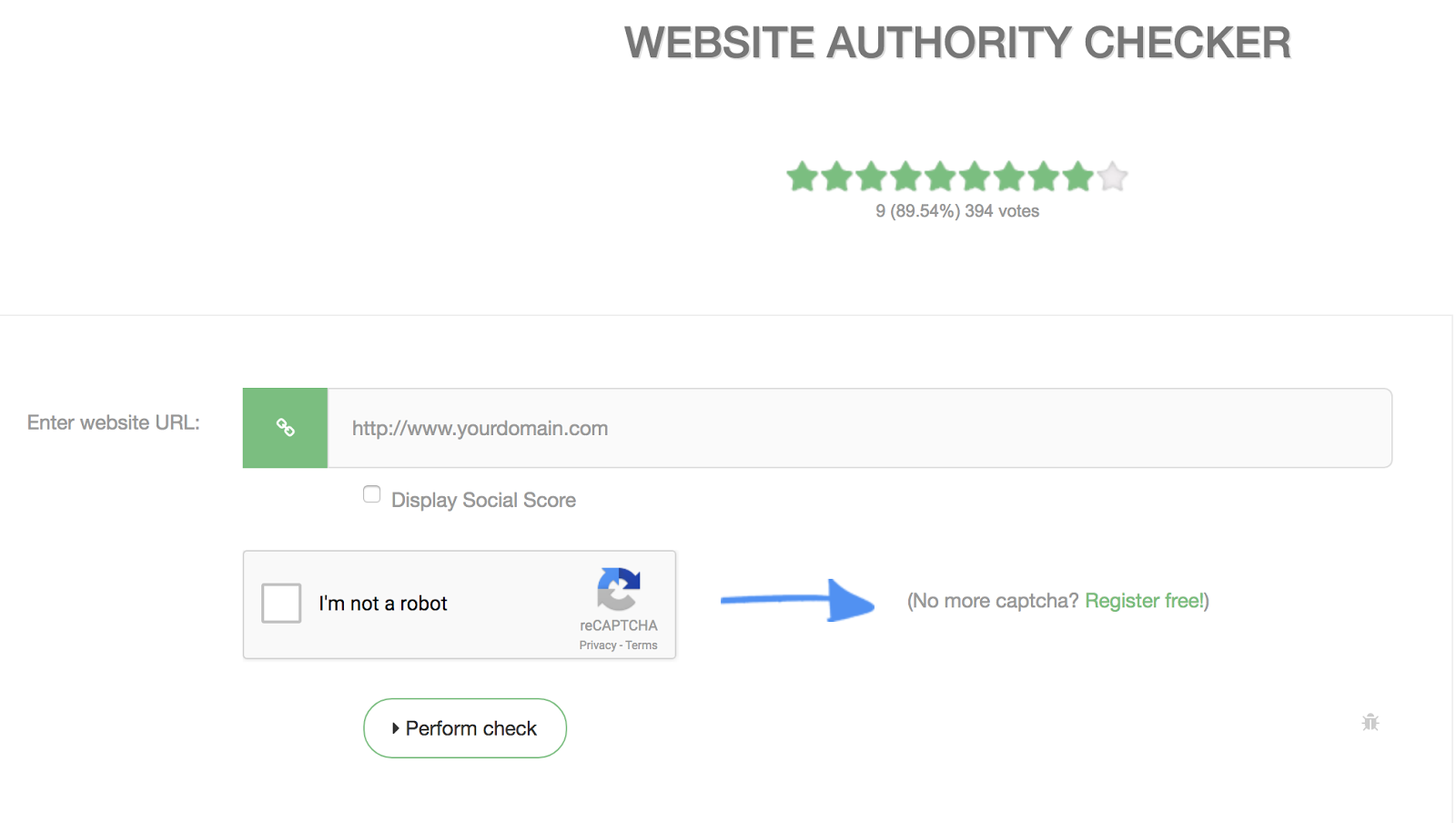

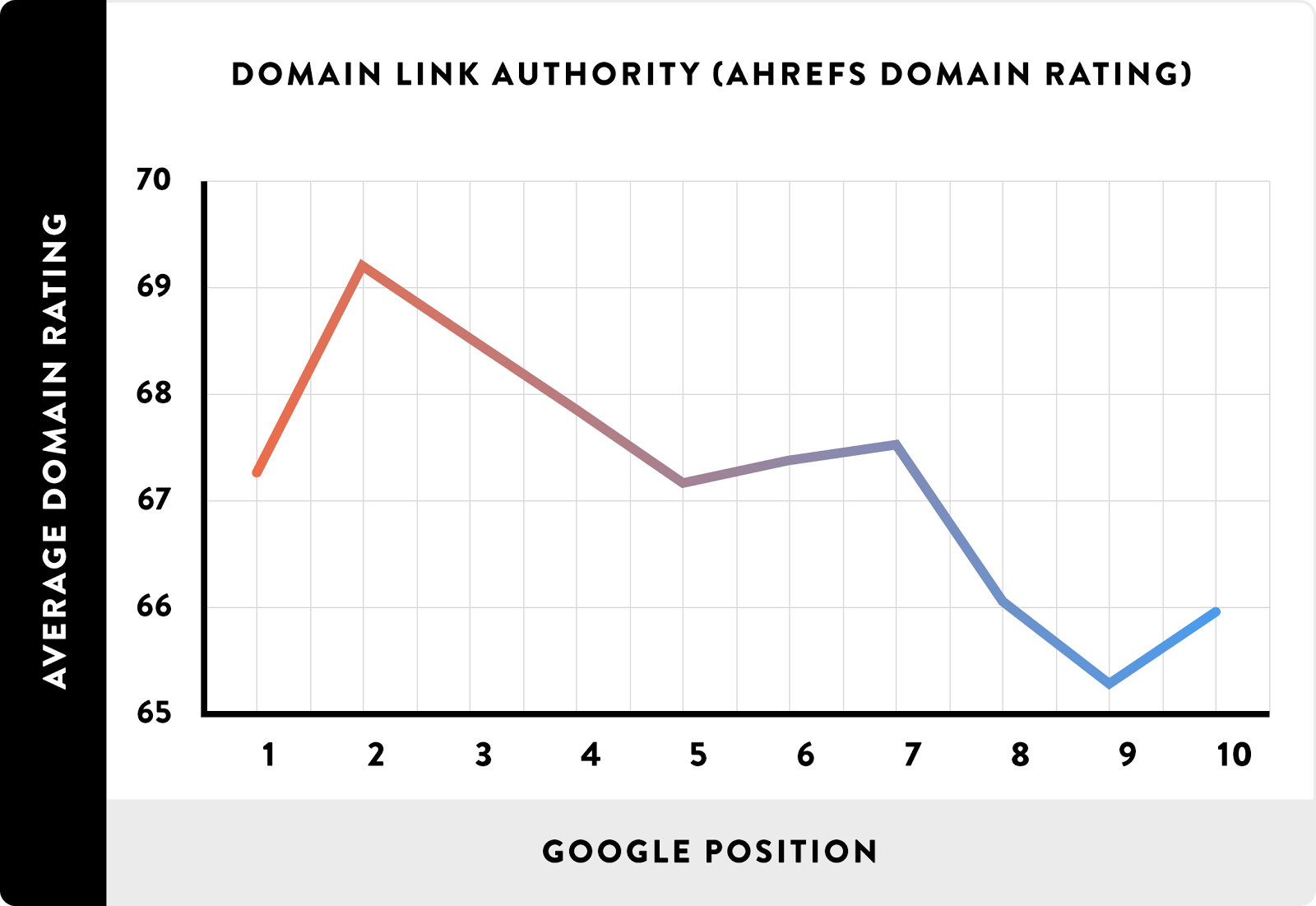
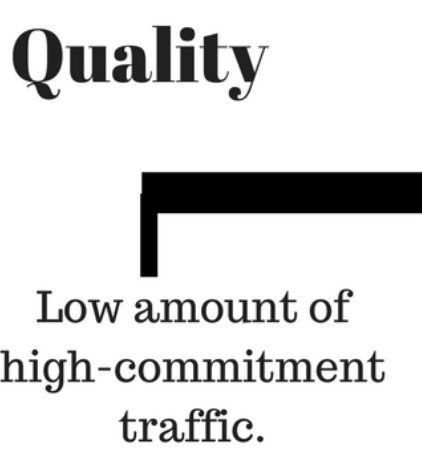


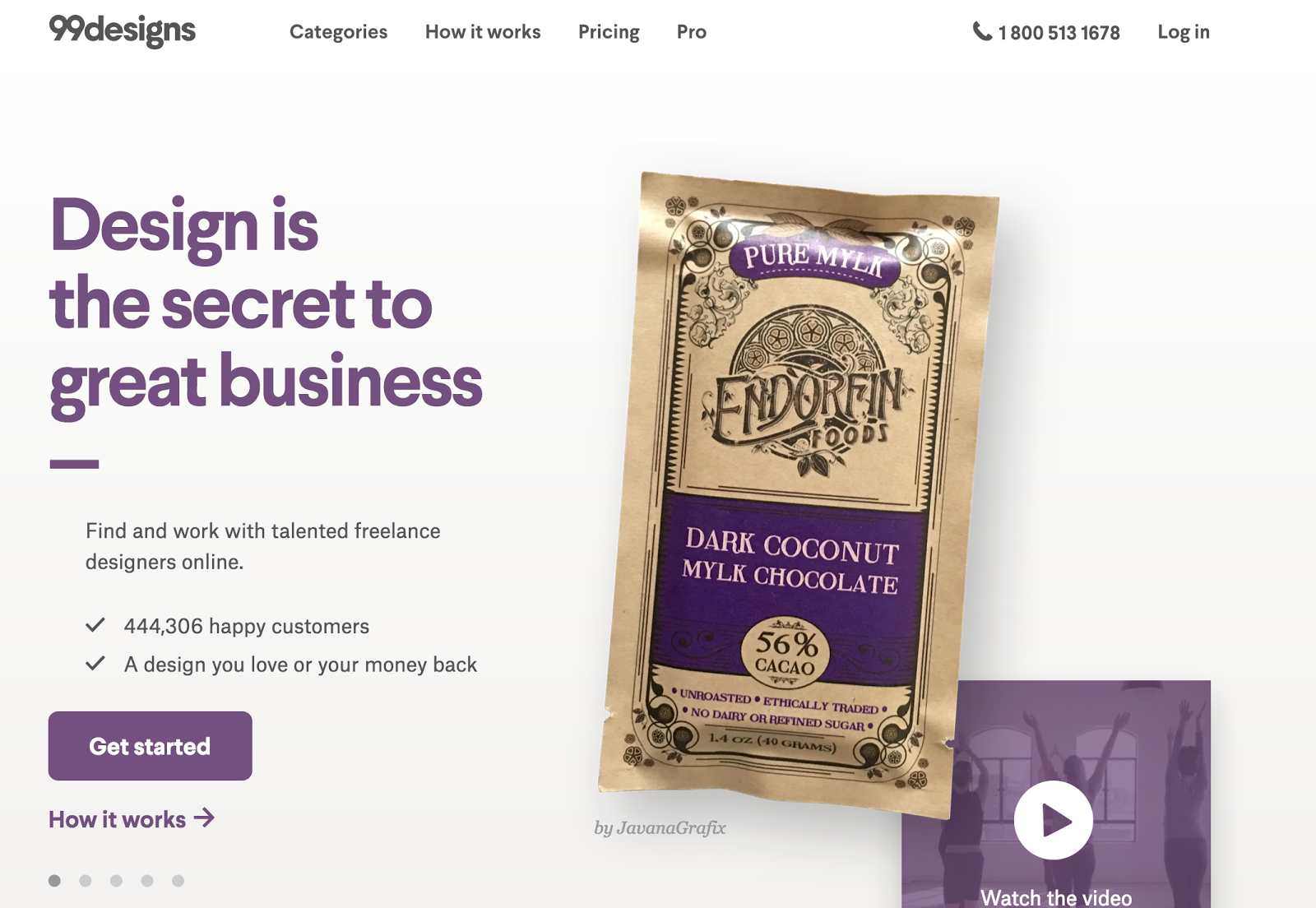

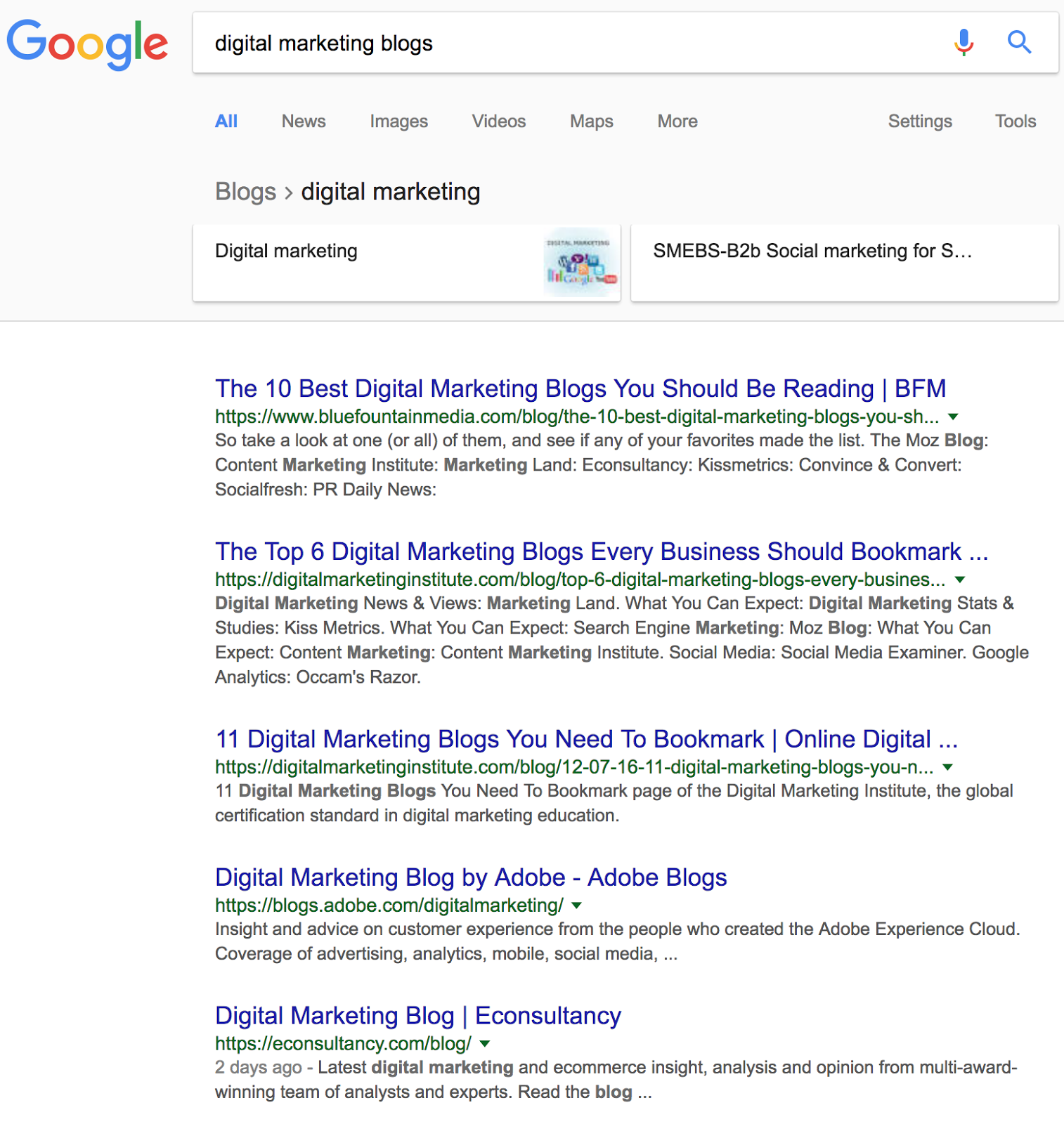
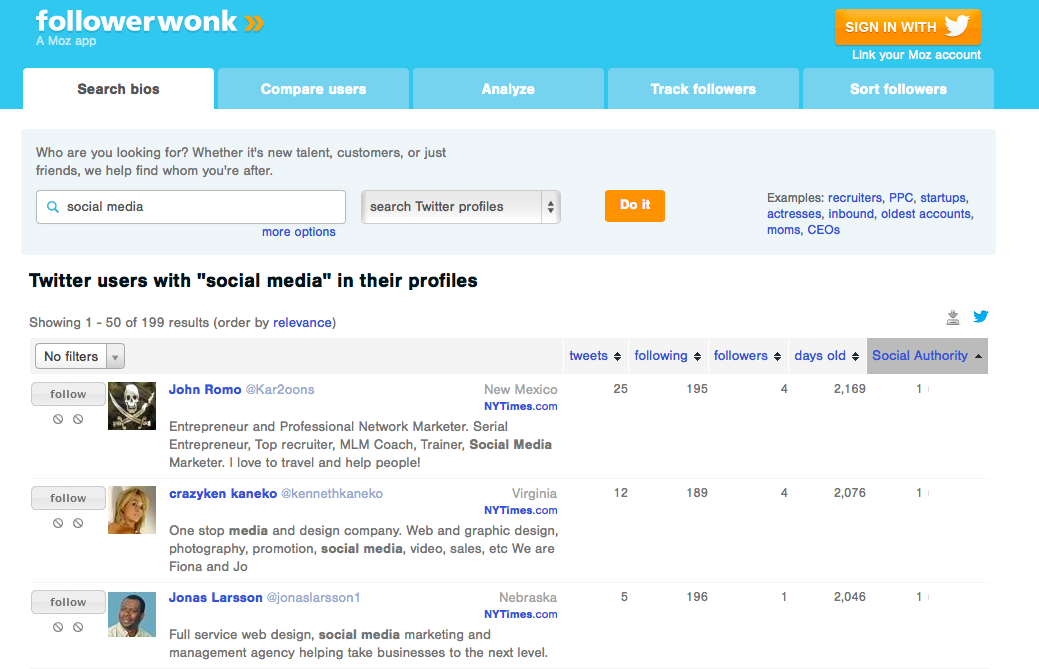
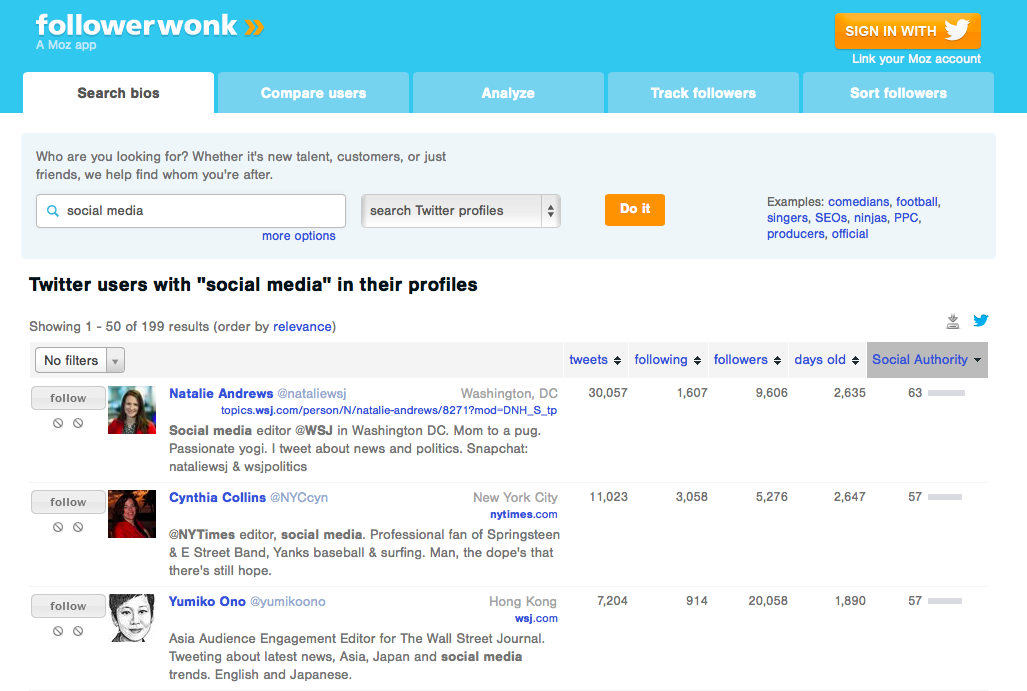

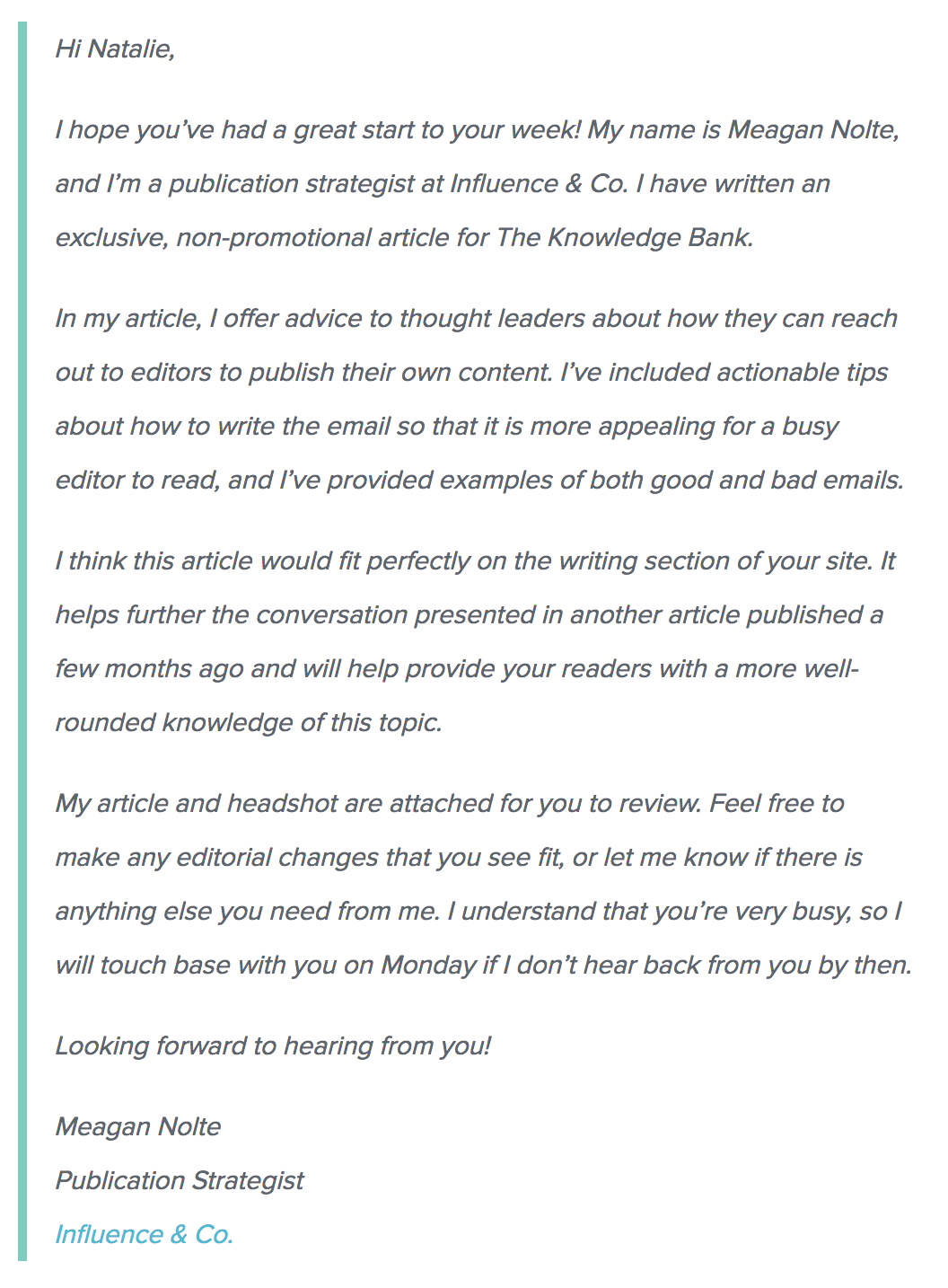
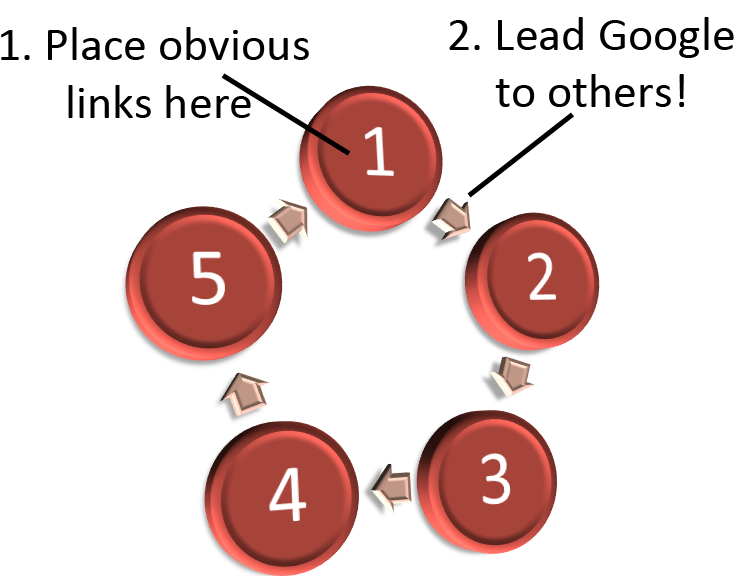
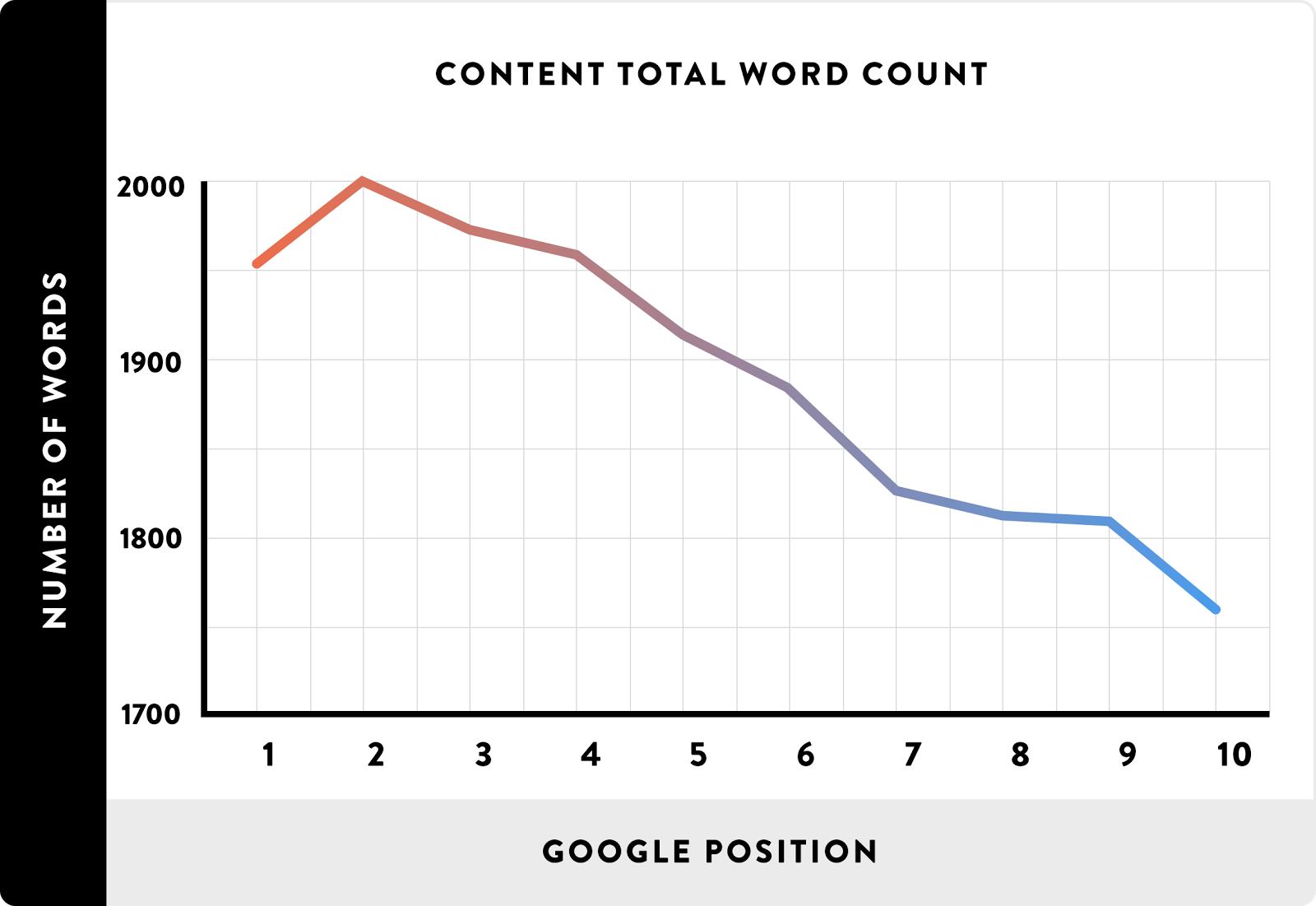
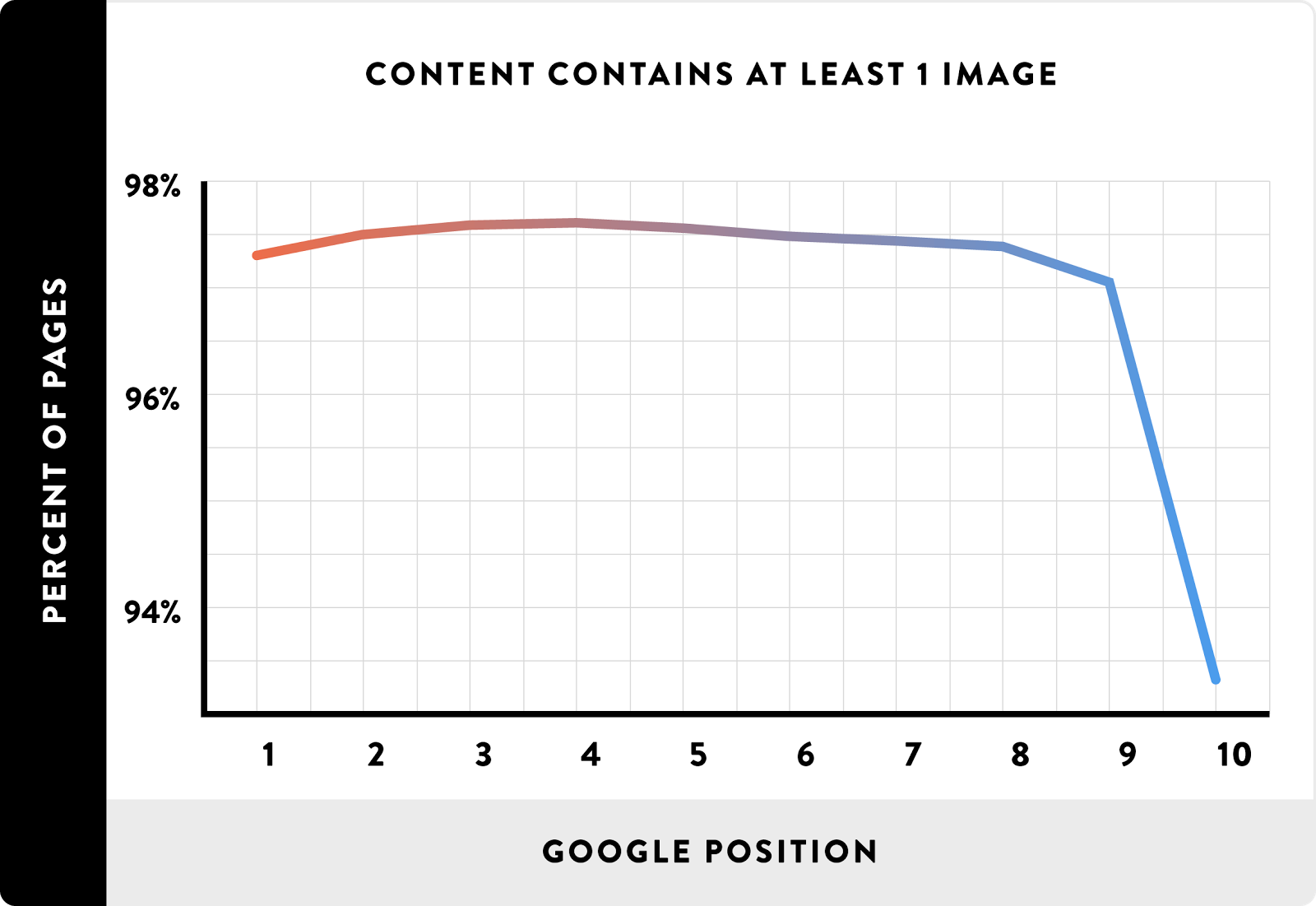


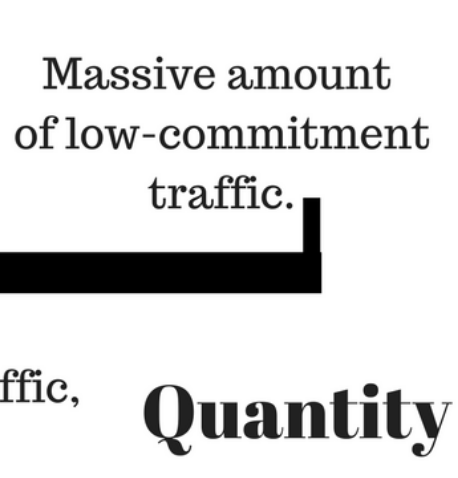
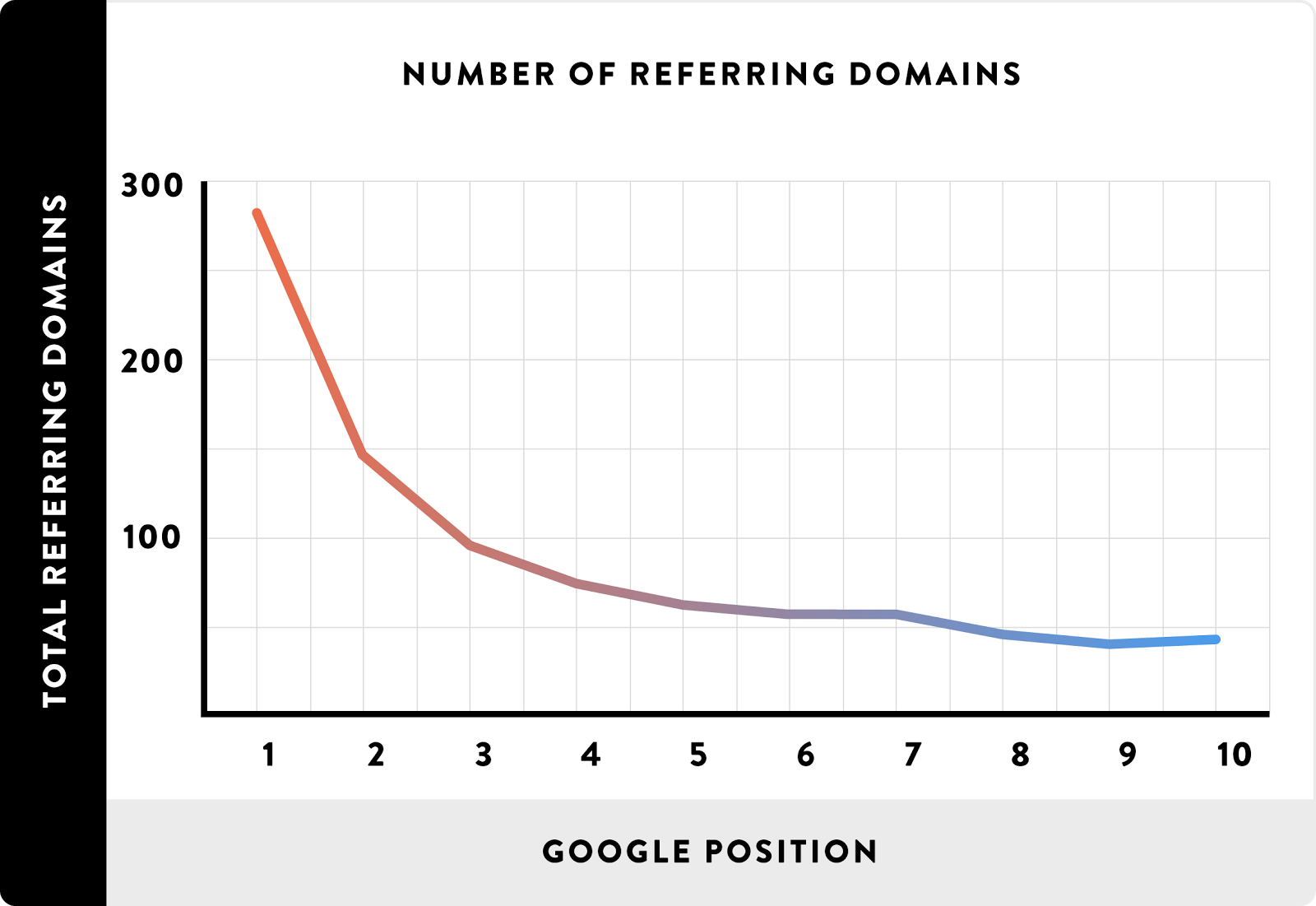
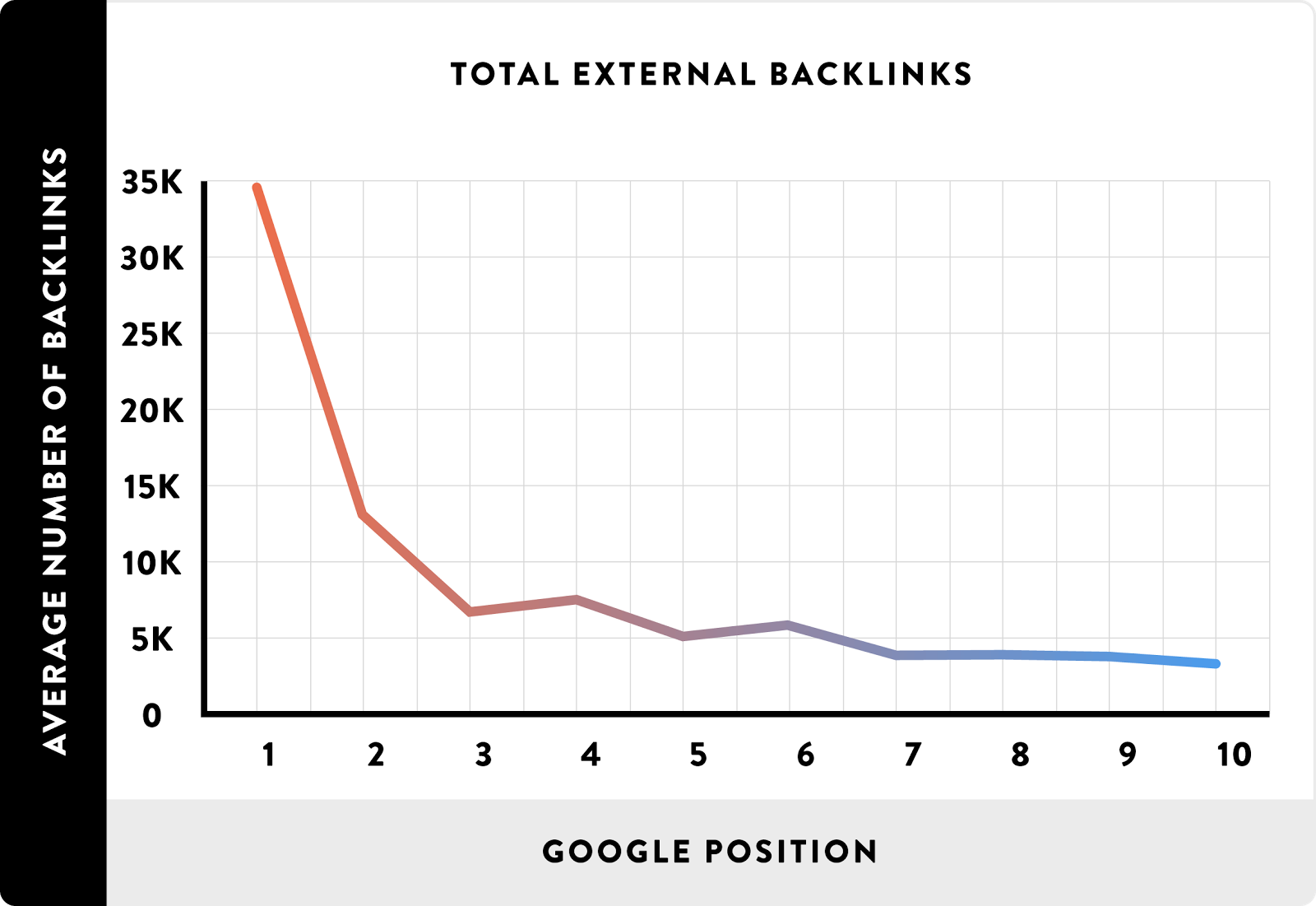
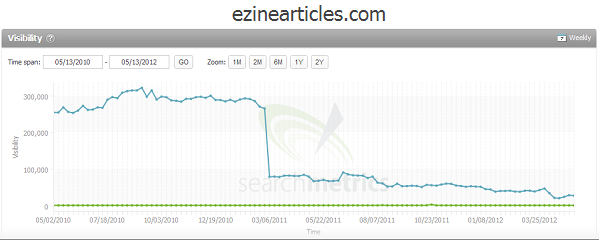
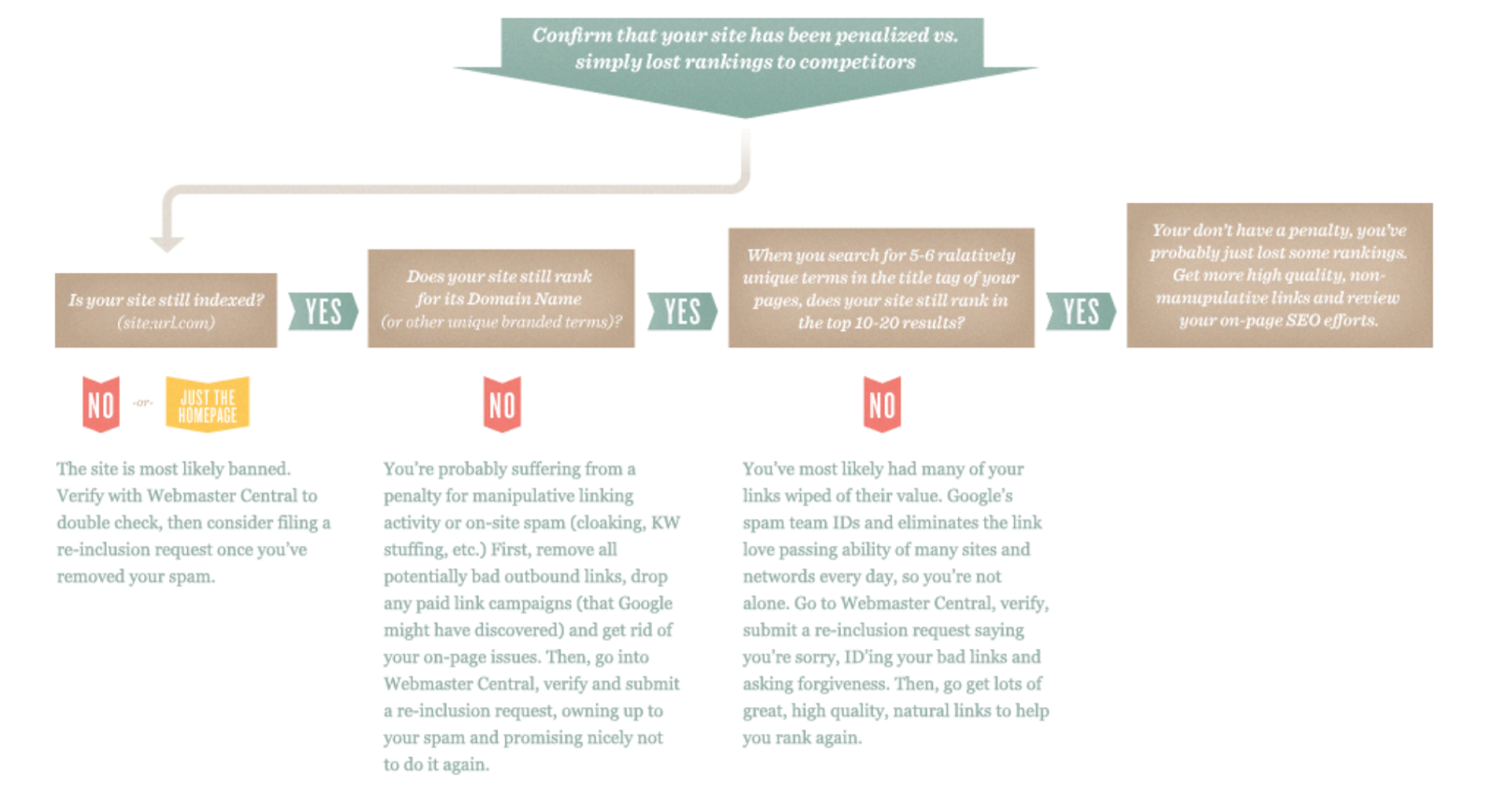
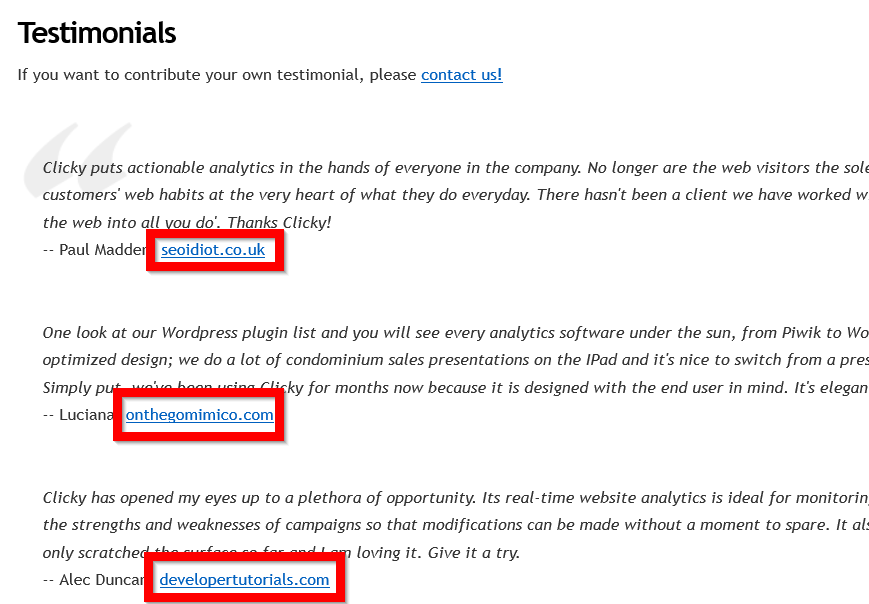
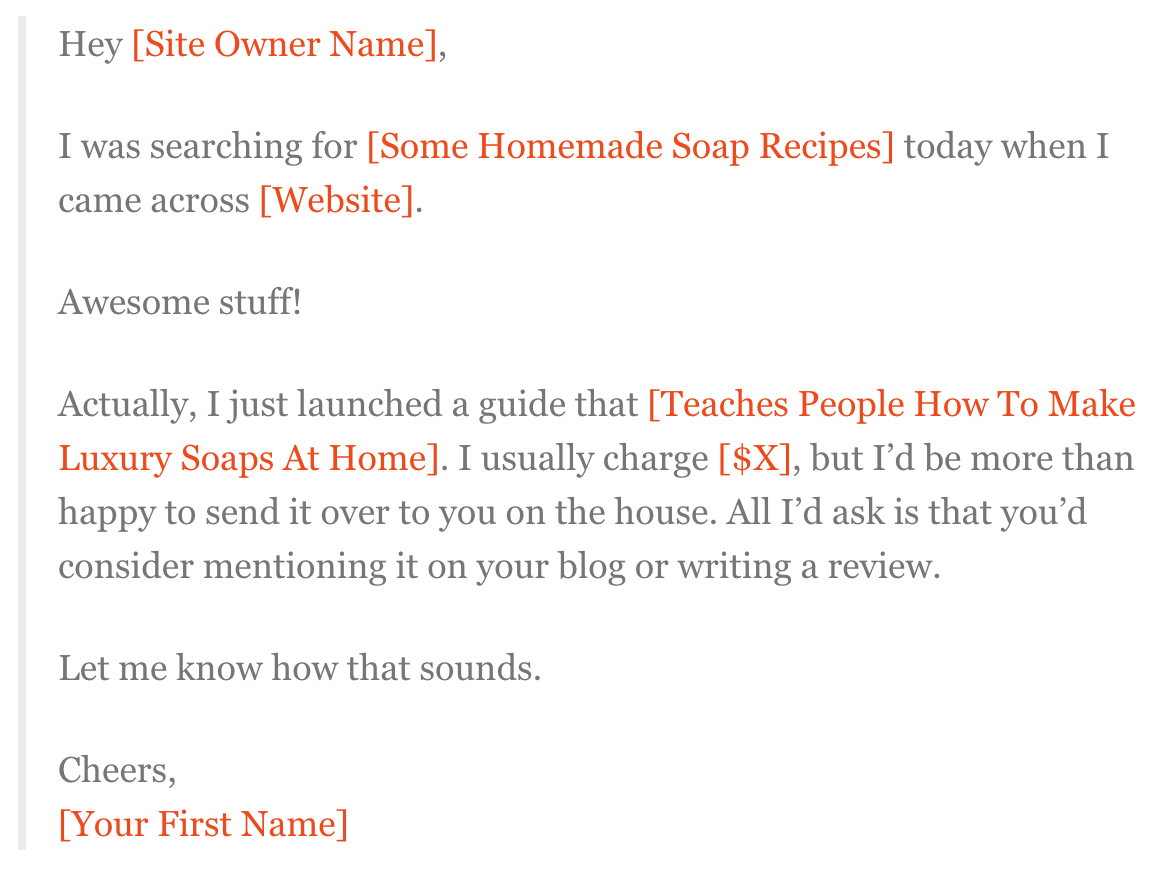
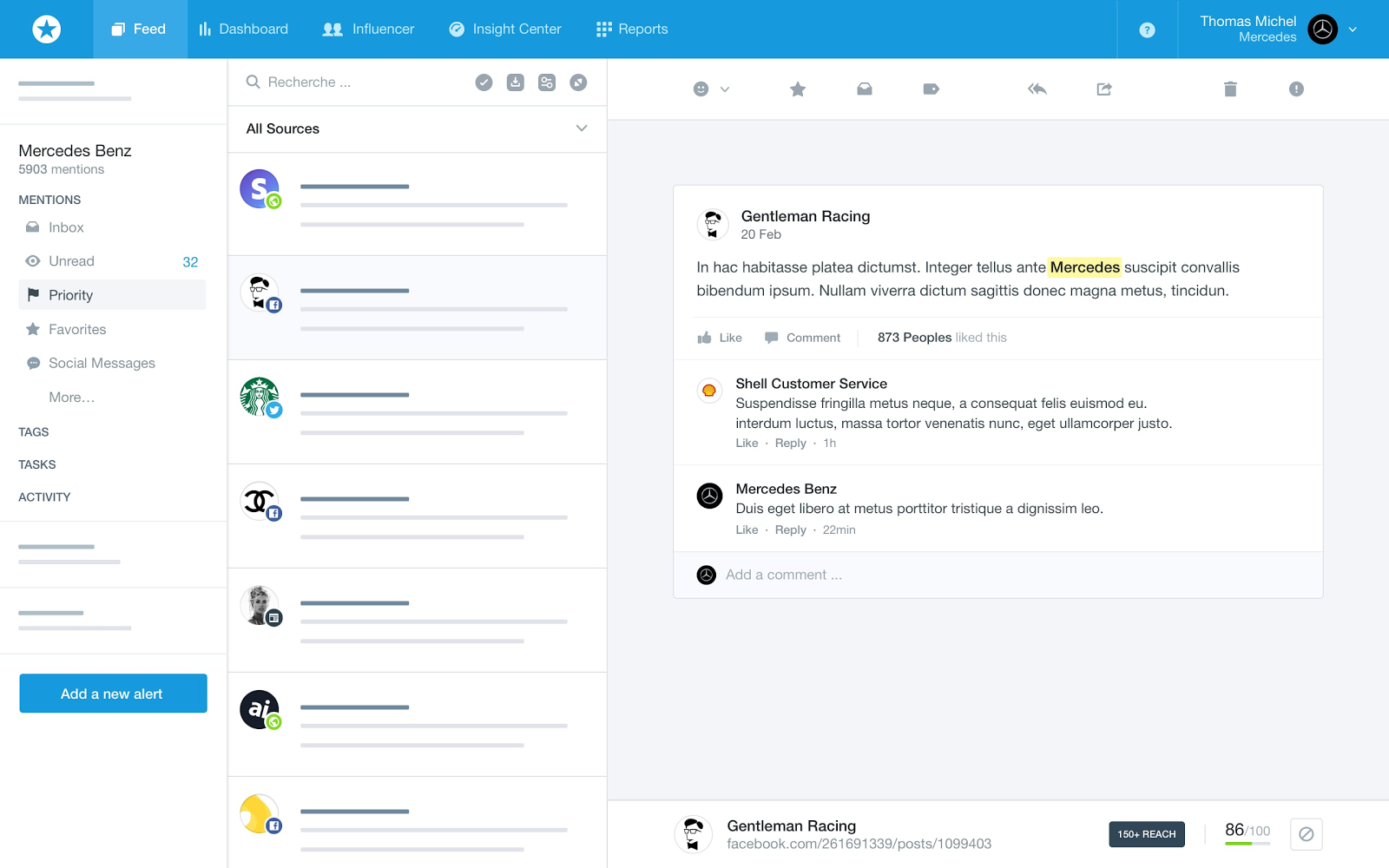
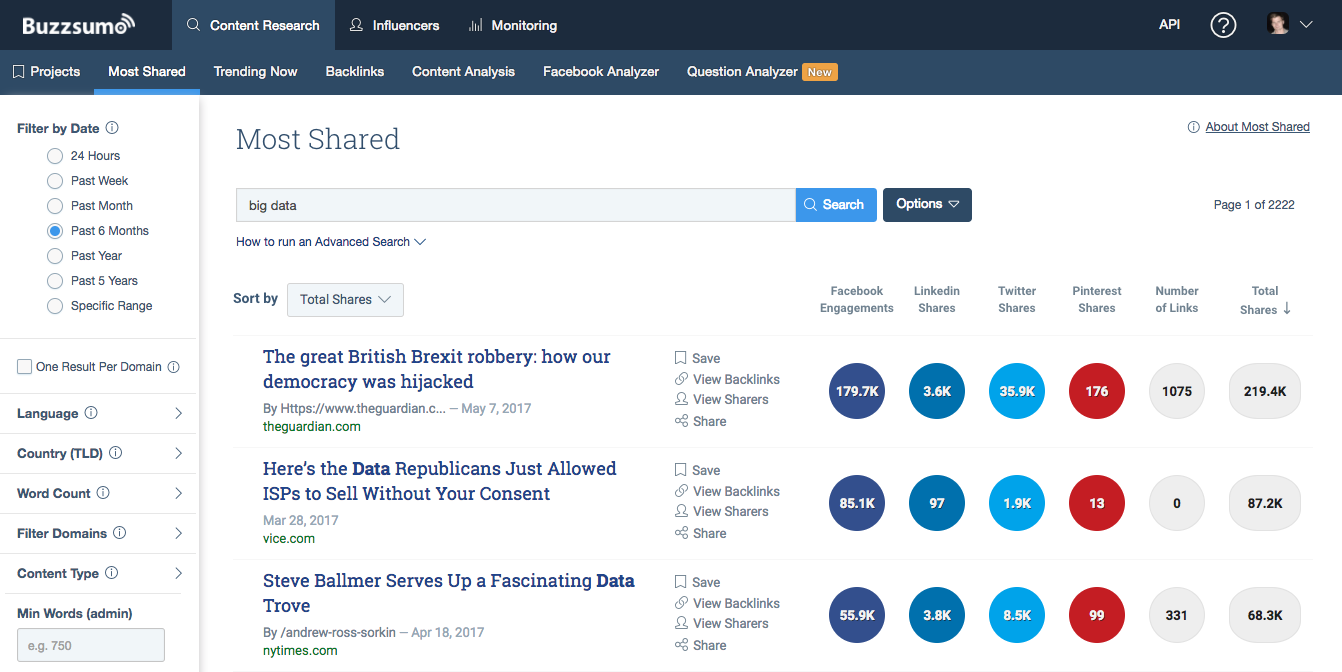
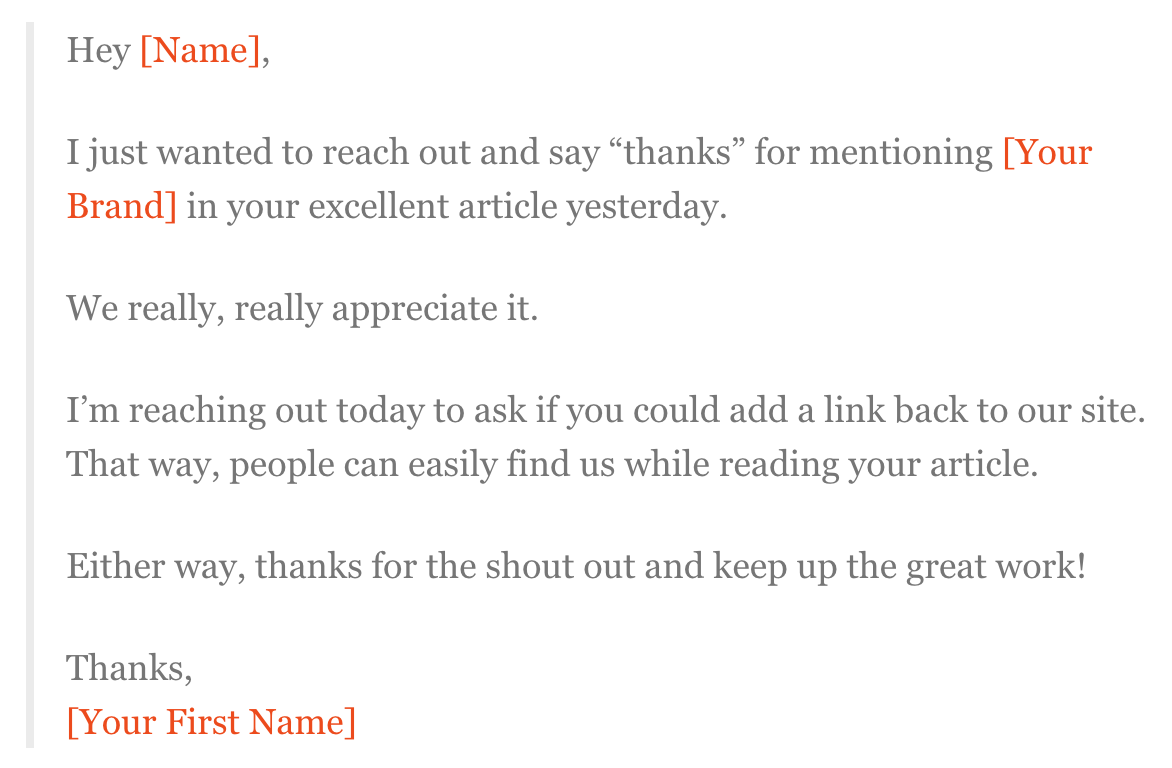
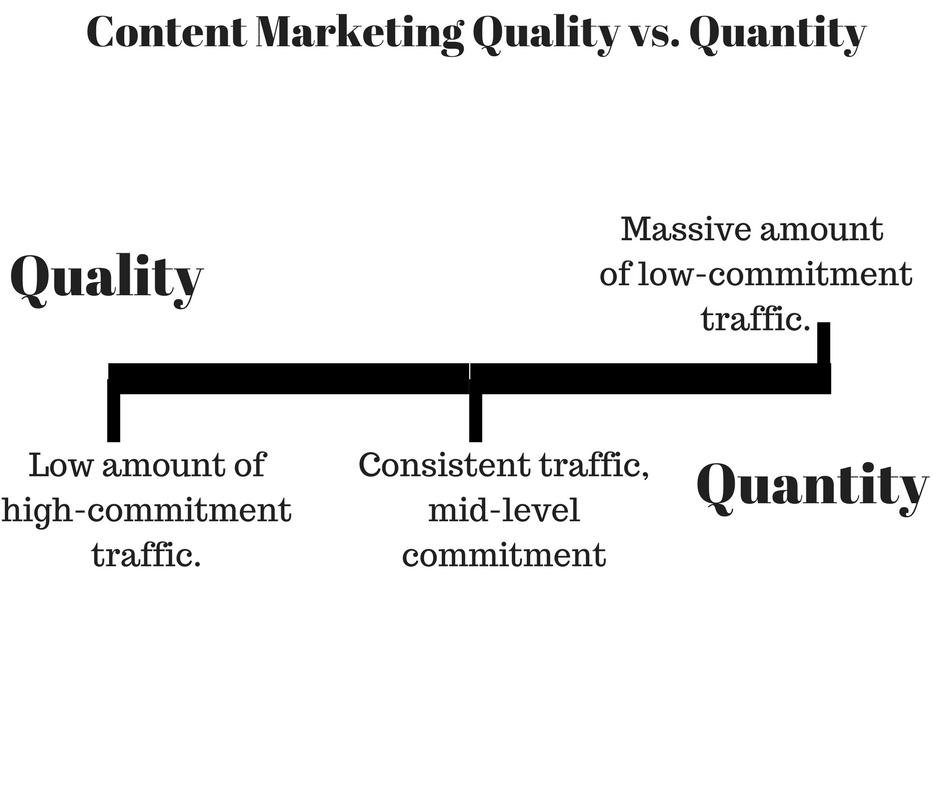
Comments (96)